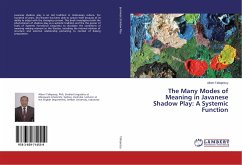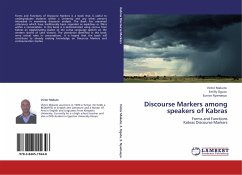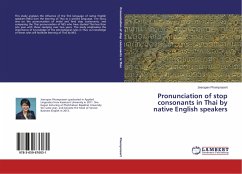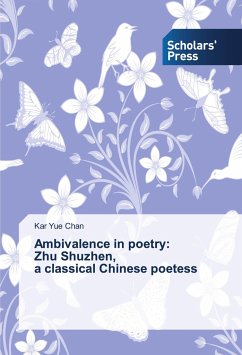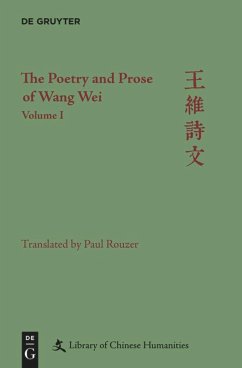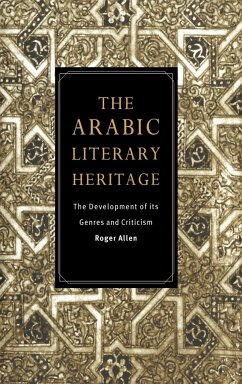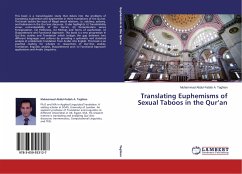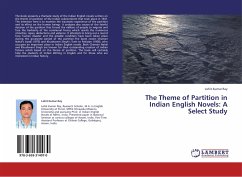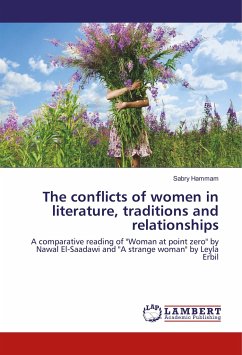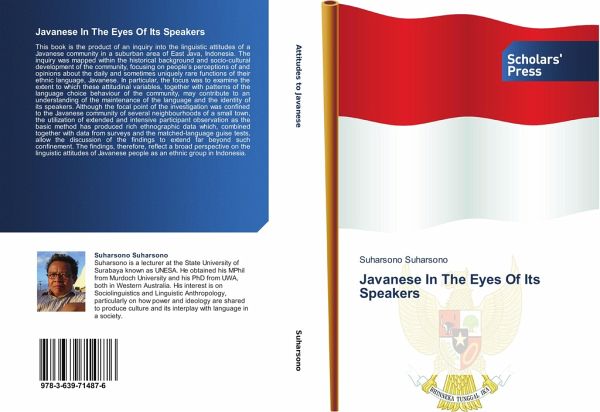
Javanese In The Eyes Of Its Speakers
Versandkostenfrei!
Versandfertig in 6-10 Tagen
55,99 €
inkl. MwSt.

PAYBACK Punkte
28 °P sammeln!
This book is the product of an inquiry into the linguistic attitudes of a Javanese community in a suburban area of East Java, Indonesia. The inquiry was mapped within the historical background and socio-cultural development of the community, focusing on people s perceptions of and opinions about the daily and sometimes uniquely rare functions of their ethnic language, Javanese. In particular, the focus was to examine the extent to which these attitudinal variables, together with patterns of the language choice behaviour of the community, may contribute to an understanding of the maintenance of...
This book is the product of an inquiry into the linguistic attitudes of a Javanese community in a suburban area of East Java, Indonesia. The inquiry was mapped within the historical background and socio-cultural development of the community, focusing on people s perceptions of and opinions about the daily and sometimes uniquely rare functions of their ethnic language, Javanese. In particular, the focus was to examine the extent to which these attitudinal variables, together with patterns of the language choice behaviour of the community, may contribute to an understanding of the maintenance of the language and the identity of its speakers. Although the focal point of the investigation was confined to the Javanese community of several neighbourhoods of a small town, the utilization of extended and intensive participant observation as the basic method has produced rich ethnographic data which, combined together with data from surveys and the matched-language guise tests, allow the discussion of the findings to extend far beyond such confinement. The findings, therefore, reflect a broad perspective on the linguistic attitudes of Javanese people as an ethnic group in Indonesia.



